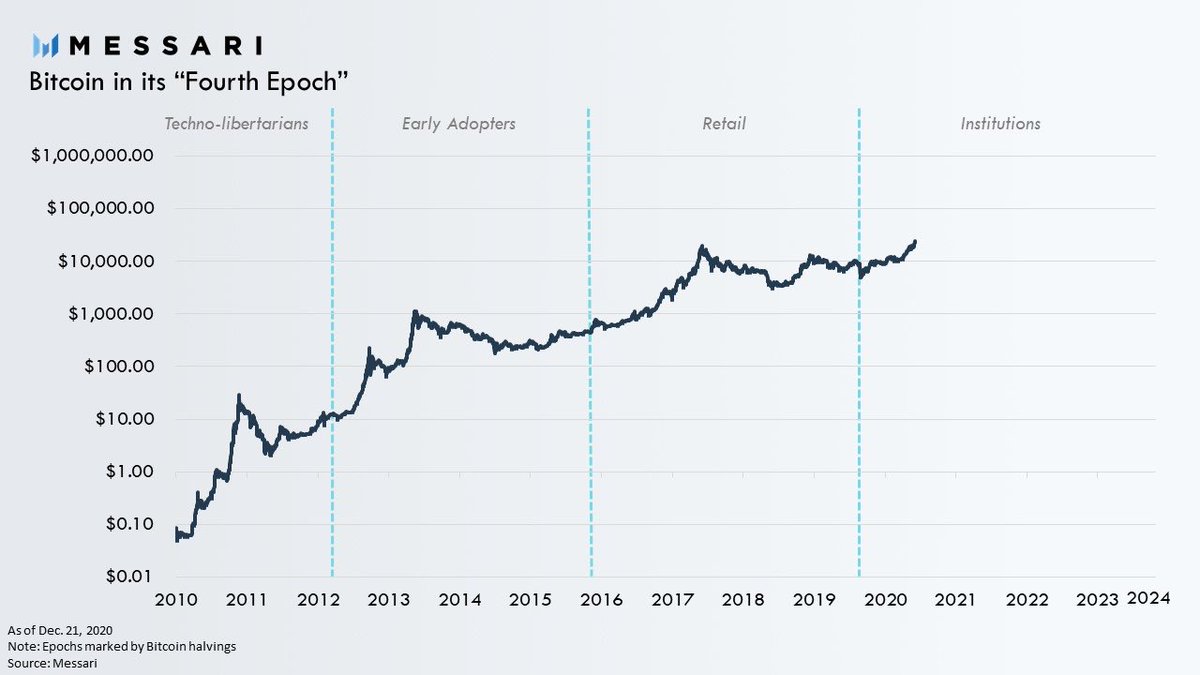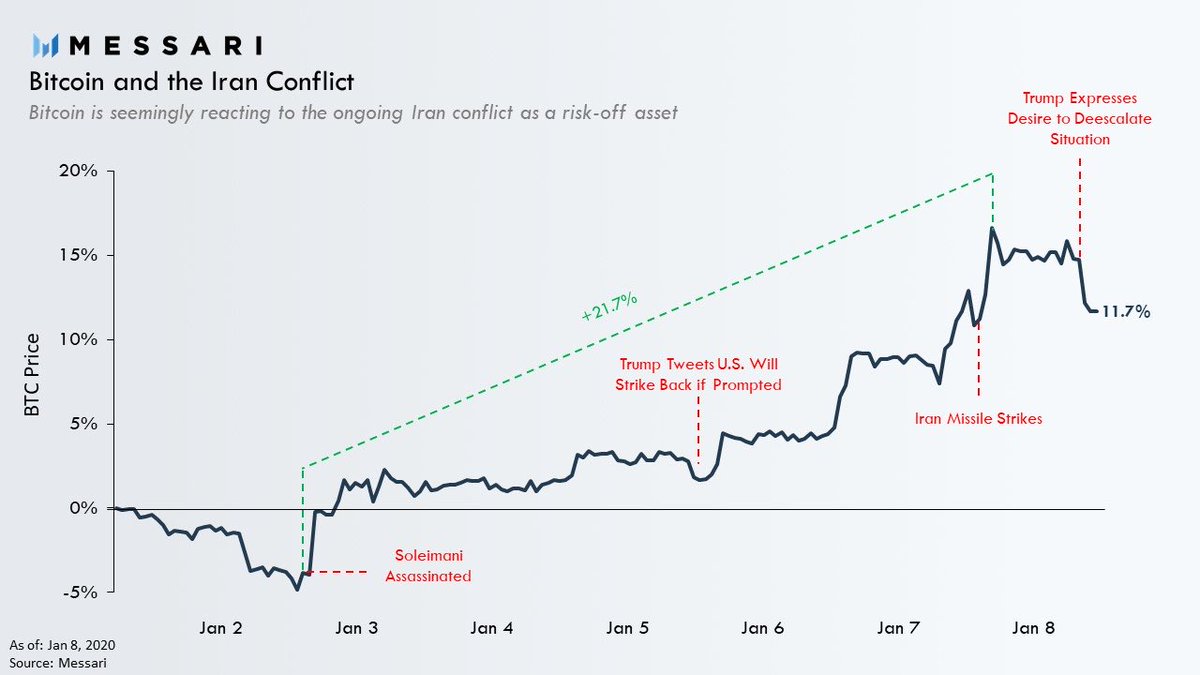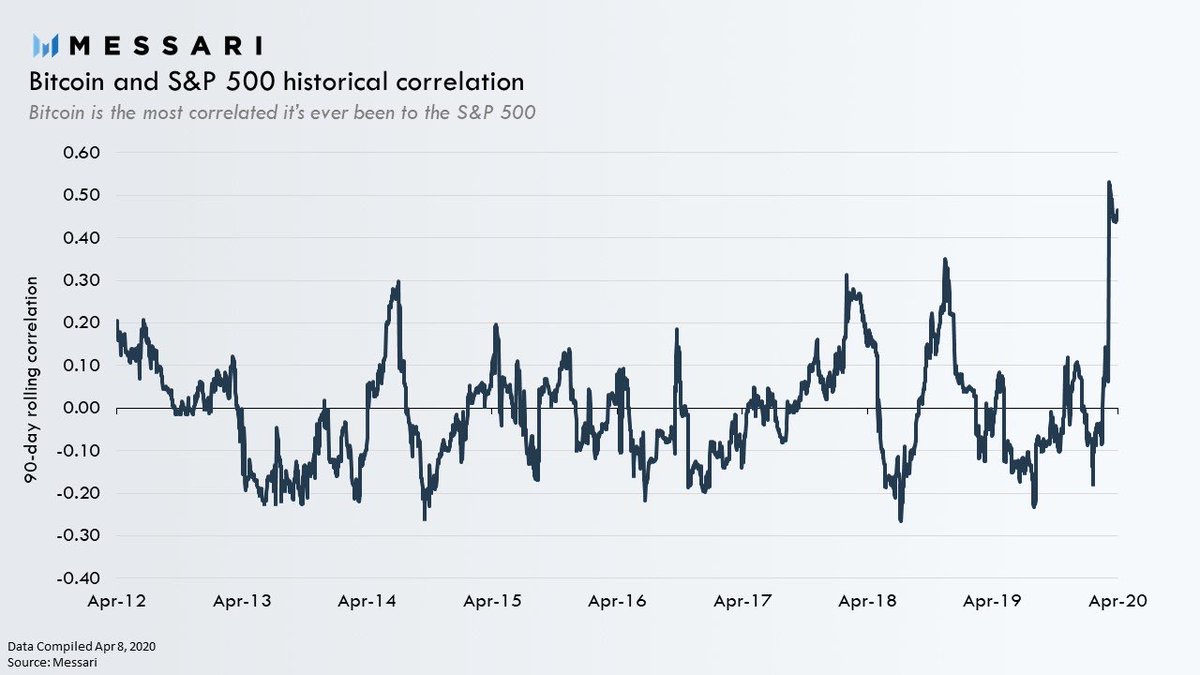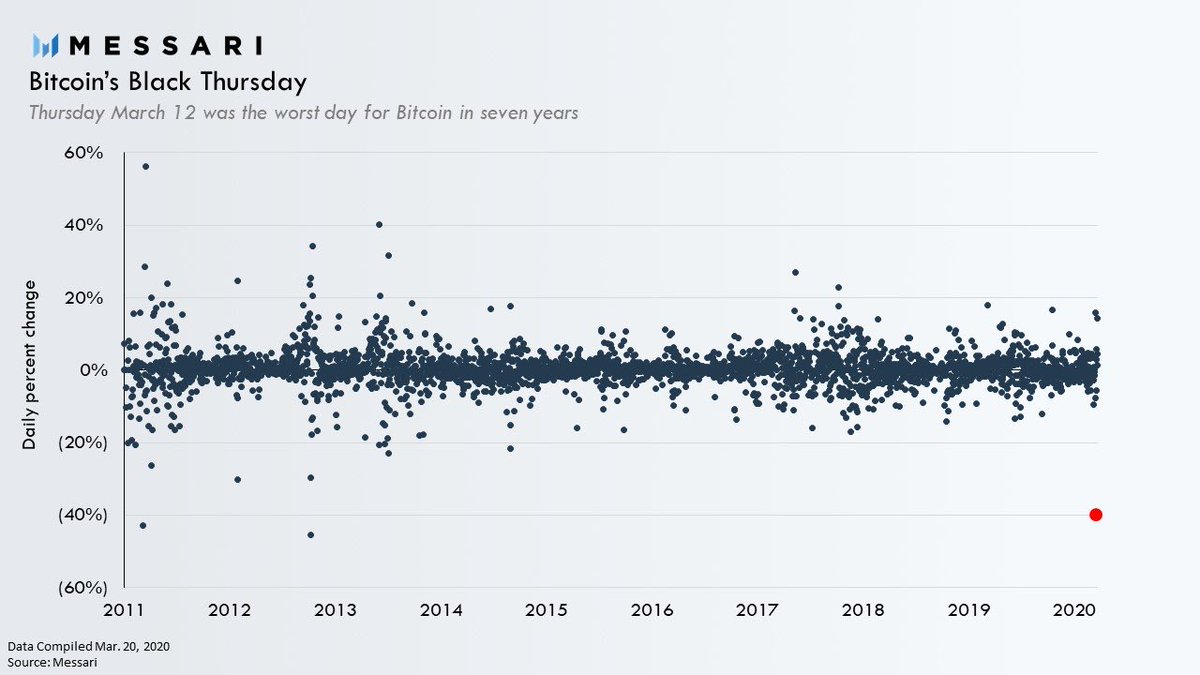Transparency and full public participation is needed for sound policy making on complex topics like this. However, with a shortened 15d window (holiday included) vs standard 60d, we are not getting a genuine opportunity to participate.
On Dec 18th, FinCEN announced a proposed rule that will require collection of personal information for transactions of >$3,000 sent to self-hosted wallets.
https://t.co/h1GT64oOqo
We are very concerned about this proposal @OKCoin.
Key takeaways below:
Transparency and full public participation is needed for sound policy making on complex topics like this. However, with a shortened 15d window (holiday included) vs standard 60d, we are not getting a genuine opportunity to participate.
No evidence indicates that illicit crypto activity has risen disproportionally to threaten national security that warrants such a rush.
This is revolutionary in human history and will greatly promote financial inclusion and freedom. It would also lead to innovations and paradigm shifts that we cannot imagine today.
It is also very nascent that needs very careful and thoughtful policy-making.
Good guys will have increased burden of compliance, less access to the system, and potential risk of data leakage.
Bad guys can off-ramp in other jurisdictions, which weakens law enforcement.
The former being decentralized in nature (and by design), and therefore does not have a centralized, secure messaging network like SWIFT for Travel Rule compliance by banks.
It would force crypto exchanges to store and hand over customer information automatically, every time, while today law enforcement has to subpoena to get such information
But when we are building a more sovereign financial world where trust is built into code and enabled through smart contracts, people are entitled to their financial privacy when using self-hosted wallets
https://t.co/RDxcWZLWFB
We hope that sound policy-making can finally prevail.
A hallmark feature of digital assets, like #BTC, is the ability to conduct transactions w/out an intermediary. This promotes financial inclusion and freedom. A rule adopted at this juncture would be a solution in search of a problem. More pressing BSA-related issues exist. (7/8)
— Cynthia Lummis (@CynthiaMLummis) December 18, 2020
More from Crypto
2020 will be remembered as the year the long fabled institutions finally arrived and #Bitcoin became a bonafide macroeconomic asset.
Below are the top highlights of each month for Bitcoin’s historic year.
1/

Bitcoin is now at all-time highs capping off an extremely successful year.
But it was by no means stable ride up.
2020 was a historically volatile year.
@YoungCryptoPM and I provided a detailed overview of every month of 2020 in all its
Jan.
3 days into the new year the US assassinated Iran’s top general Soleimani.
BTC surprisingly reacted to the events behaving like a safe haven as the risk of war increased.
The events provided the first hints of BTC potentially having graduated to a legitimate macro asset.

Feb.
COVID-19 reached a tipping point causing markets to crash.
BTC’s correlation with the S&P 500 reached an ATH in the following weeks.
This is when everyone learned BTC was not a recession hedge, it was a hedge against inflation and loss of confidence in fiat currencies. https://t.co/JB7dJ3qp6M

1/ Figure I should get out ahead of this issue:
— Dan McArdle (@robustus) June 22, 2018
Bitcoin is a hedge against inflation & loss of confidence in fiat, NOT a hedge against a typical recession.
Mar.
Financial markets in free fall.
The liquidity crisis was so severe BTC experienced one of it’s worst days ever.
Now known as Black Thursday, on March 12, BTC plummeted as much as 50% to below $4,000 at its lowest point on the day.
BTC closed the day down 40%

You May Also Like
A small tribute/gift to members
Screeners
technical screeners - intraday and positional both
before proceeding - i have helped you , can i ask you so that it can help someone else too
thank you
positional one
run - find #stock - draw chart - find levels
1- Stocks closing daily 2% up from 5 days
https://t.co/gTZrYY3Nht
2- Weekly breakout
https://t.co/1f4ahEolYB
3- Breakouts in short term
https://t.co/BI4h0CdgO2
4- Bullish from last 5
intraday screeners
5- 15 minute Stock Breakouts
https://t.co/9eAo82iuNv
6- Intraday Buying seen in the past 15 minutes
https://t.co/XqAJKhLB5G
7- Stocks trading near day's high on 5 min chart with volume BO intraday
https://t.co/flHmm6QXmo
Thank you
What a weekend celebrating makers looks like.
A thread
👇Read on
Let's start with a crazy view of what @ProductHunt looked like on Sunday
Download image and upload
A top 7 with:
https://t.co/6gBjO6jXtB @Booligoosh
https://t.co/fwfKbQha57 @stephsmithio
https://t.co/LsSRNV9Jrf @anthilemoon
https://t.co/Fts7T8Un5M @J_Tabansi
Spotify Ctrl @shahroozme
https://t.co/37EoJAXEeG @kossnocorp
https://t.co/fMawYGlnro
If you want some top picks, see @deadcoder0904's thread,
We were going to have a go at doing this, but he nailed it.
It also comes with voting links 🖐so go do your
#24hrsstartup was an amazing event
— Akshay Kadam(A2K) \U0001f47b (@deadcoder0904) November 19, 2018
I never went to a hackathon but this just felt like one even though I was just watching \U0001f440
Everyone did great but there were a few startups that I personally loved \U0001f496
Some of my favorites are in the thread below\U0001f447
Over the following days the 24hr startup crew had more than their fair share of launches
Lots of variety: web, bots, extensions and even native apps
eg. @jordibruin with
\U0001f3a8\U0001f3c3\u200d\u2640\ufe0f DrawRun just launched on Product Hunt! Idea to App Store to Product Hunt in 68 hours!\u2070\u2070https://t.co/mxnLZ8FRSu
— Jordi Bruin (@jordibruin) November 20, 2018
Thanks for the motivation @thepatwalls @arminulrich @_feloidea




















